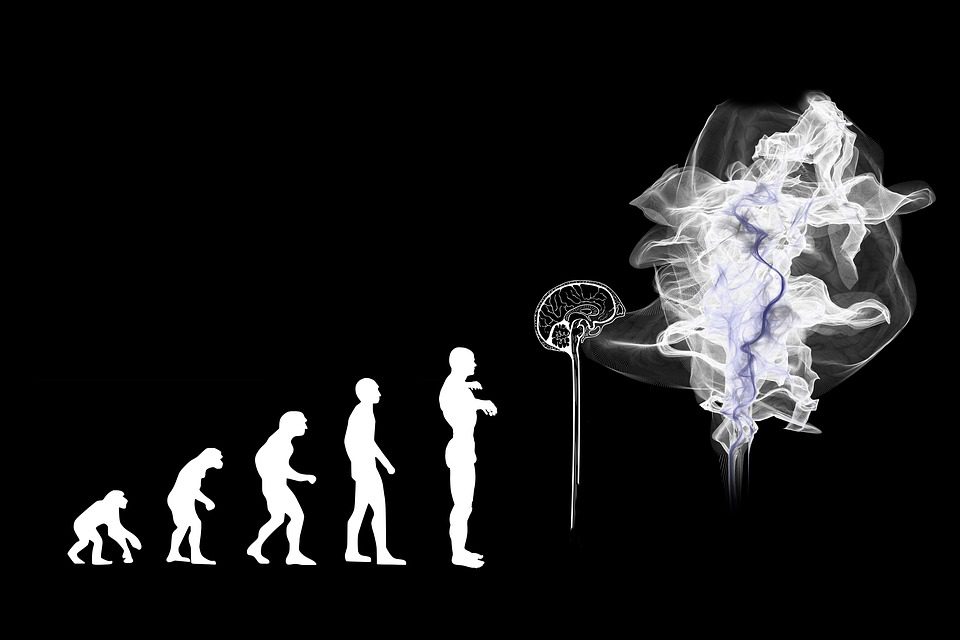Artificial Intelligence (AI) has undoubtedly brought about numerous advancements and transformative changes across various industries.

However, it is important to consider the potential drawbacks and challenges that arise with the rapid development and integration of AI technology. In this article, we delve into the ten disadvantages of Artificial Intelligence.
-
Job Displacement: One of the primary concerns surrounding AI is the potential displacement of human workers. As AI systems automate tasks, certain job roles may become redundant, leading to unemployment and the need for reskilling or upskilling.
-
Ethical Dilemmas: AI raises complex ethical questions. For instance, decisions made by AI algorithms may be biased or lack transparency, resulting in unfair treatment or discrimination. The responsibility to ensure ethical use of AI lies with humans who design and deploy these systems.
-
Privacy and Security: The abundance of data required for AI systems raises privacy concerns. The collection, storage, and utilization of personal information can lead to data breaches and unauthorized access if proper security measures are not in place.
-
Reliance on Technology: Dependence on AI can make individuals and organizations vulnerable to system failures or glitches. Relying solely on AI for critical decision-making can have severe consequences if the technology malfunctions or produces inaccurate results.
-
Lack of Creativity and Intuition: AI, despite its remarkable capabilities, still struggles with tasks that require creativity, intuition, and emotional understanding. These uniquely human qualities remain challenging to replicate in machines.
-
Economic Inequality: The adoption of AI technology may exacerbate economic inequality. Access to AI resources, such as advanced algorithms and computing power, tends to be concentrated in the hands of a few large organizations or wealthy individuals.
-
Unemployment and Skills Gap: As AI automates routine tasks, individuals who lack the necessary skills to work alongside or complement AI systems may face challenges in finding employment. This can widen the skills gap and increase socioeconomic disparities.
-
Unintended Consequences: The complexity of AI systems can lead to unintended consequences. AI algorithms may make decisions based on patterns that humans cannot comprehend, potentially resulting in unforeseen and undesirable outcomes.
-
Human Dependence on AI: Overreliance on AI systems can diminish human skills and critical thinking abilities. Humans may become too dependent on AI for decision-making, reducing their ability to analyze and interpret information independently.
-
Technological Bias: AI systems are trained on large datasets, which may contain inherent biases present in the data. If these biases go unchecked, AI can perpetuate and amplify social, racial, or gender biases, leading to unfair outcomes.
Understanding and addressing these disadvantages are crucial for responsible and beneficial deployment of AI technology. Striking a balance between the benefits of AI and the potential drawbacks requires careful consideration, regulation, and ongoing research to mitigate risks and ensure AI serves the best interests of humanity.